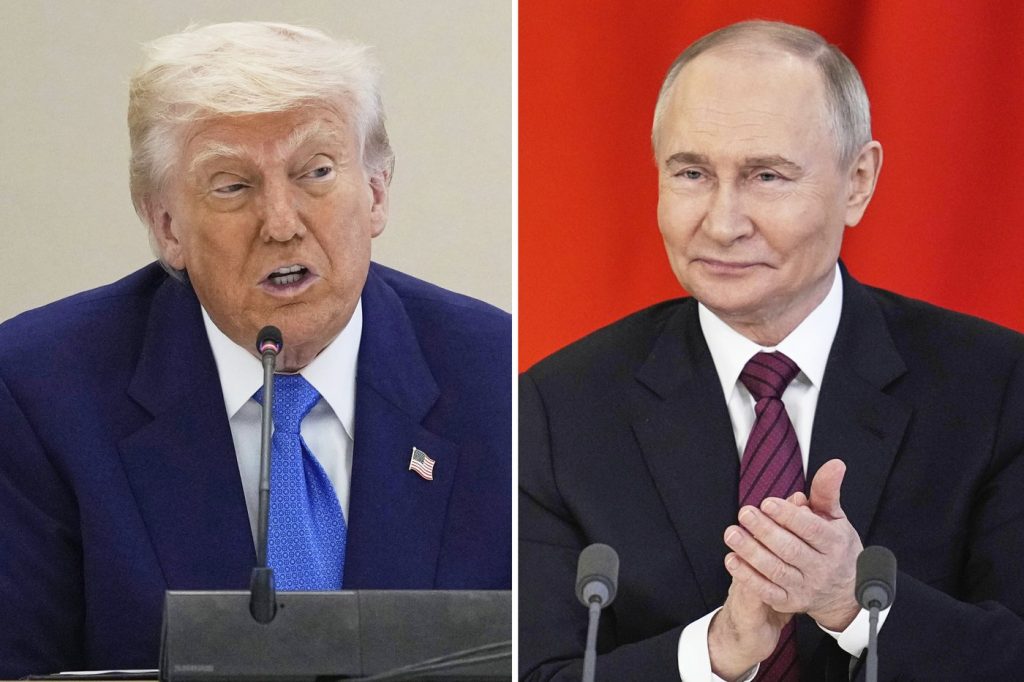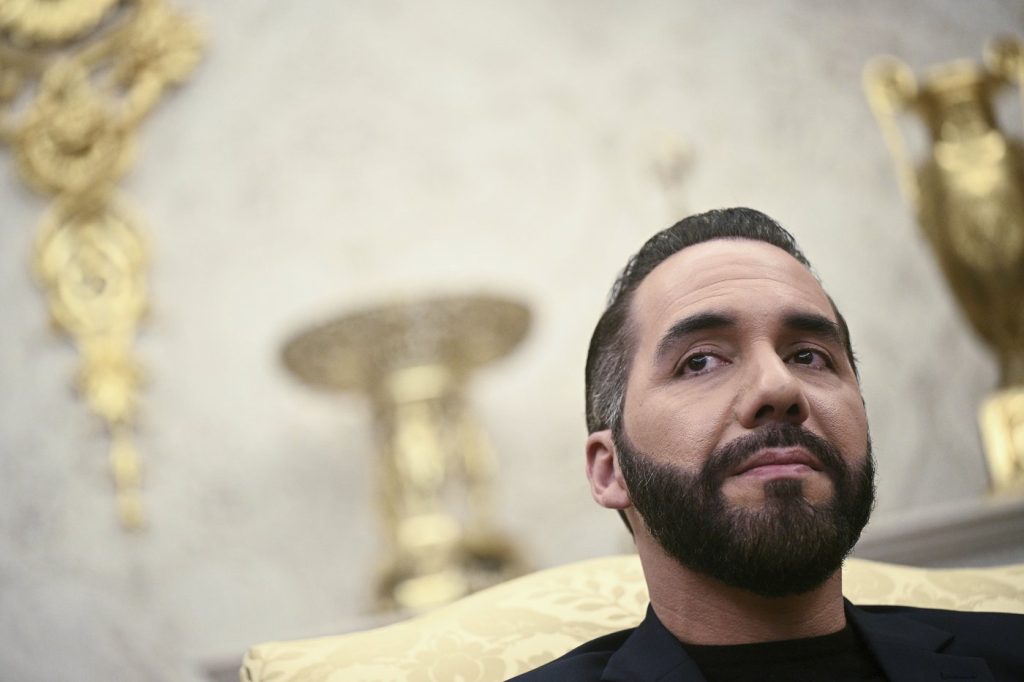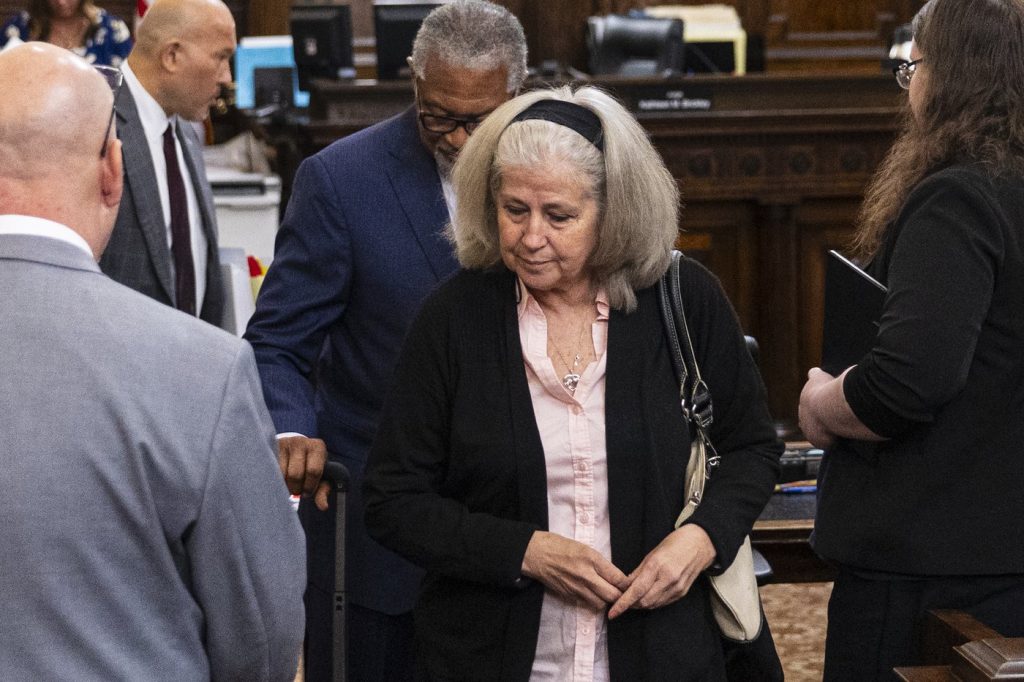On Monday, President Donald Trump announced that Russia and Ukraine will begin ceasefire negotiations following his "excellent" two-hour telephone conversation with Russian President Vladimir Putin. Trump also communicated with Ukrainian leader Volodymyr Zelenskyy and European leaders to facilitate progress towards a peaceful resolution of the ongoing conflict, which has persisted since Russia's invasion in February 2022.
Trump emphasized that the negotiations must be conducted directly between Russia and Ukraine, noting that only they have the expertise and knowledge necessary for such discussions. Despite expressing optimism about the potential for a ceasefire, he mentioned his frustration with both sides regarding the lack of progress in the conflict. After the call, Putin indicated that Russia is willing to continue discussions but highlighted that there has been no significant breakthrough in the negotiations.
During their conversation, Trump and Putin referred to each other by their first names, indicating a friendly rapport. Russian presidential adviser Yuri Ushakov further described the exchanges as cordial, suggesting an openness for future face-to-face meetings, although no timeline was established. Zelenskyy, however, stressed the importance of involving Kyiv in any decisions related to Ukraine and reiterated the need for serious sanctions on Russia as part of the negotiations.
A subsequent call included Trump and leaders from France, Italy, Finland, and European Commission President Ursula von der Leyen. This was aimed at discussing strategies to expedite a ceasefire and reinforce European support for Ukraine. Trump's administration has expressed that it is committed to achieving a peaceful resolution, but there are mounting expectations for tangible outcomes. White House press secretary Karoline Leavitt reported Trump's growing weariness and frustration with both parties involved in the conflict.
Trump’s past assertions about effectively concluding the war have faced challenges amid ongoing hostilities. Vice President JD Vance remarked that Trump might withdraw from negotiations if he senses a lack of seriousness from Putin. Discussions surrounding the negotiations also included financial incentives, as Trump’s administration is exploring options for trade discussions to enhance the possibility of reaching an agreement. Trump’s former treasury secretary, Scott Bessent, has warned that a failure by Putin to negotiate in good faith could lead to additional sanctions against Russia, which would need to be more robust than those imposed during Democratic President Joe Biden's administration.
As the negotiations appear to remain stagnant, a recent meeting in Turkey between Russian and Ukrainian officials resulted in no ceasefire agreement but did facilitate an agreement for the exchange of 1,000 prisoners of war from each side. Both countries are seeking to maintain dialogue amidst the complex geopolitical tensions that permeate the situation.
Furthermore, in prior discussions, Zelenskyy had indicated to international leaders that talks held in Turkey featured a low-level Russian delegation, which he regarded as insufficient for meaningful negotiations. He reiterated Ukraine’s commitment to engaging in "real diplomacy" directed towards securing a ceasefire. This effort is accompanied by calls for continued sanctions against Russia to press for an end to the conflict.
The discussions continue to evolve as various world leaders, including those from Germany, France, Britain, and Italy, remain engaged in finding a resolution. Zelenskyy has outlined that Ukraine's priorities, including defense cooperation and the battlefield situation, must be central in ongoing talks. The negotiations between Russia and Ukraine remain a critical focal point as leaders aim to navigate the complexities of this prolonged conflict while addressing the dynamic international repercussions associated with it.












